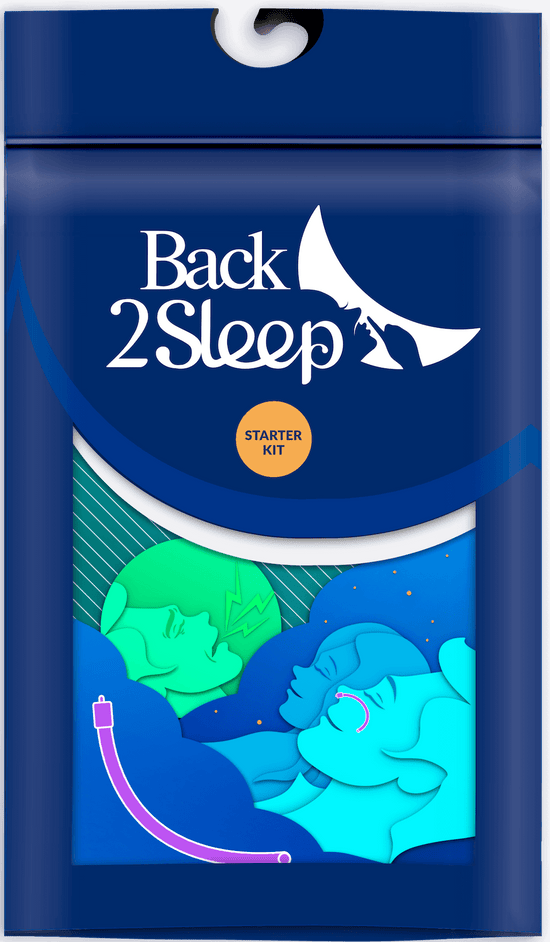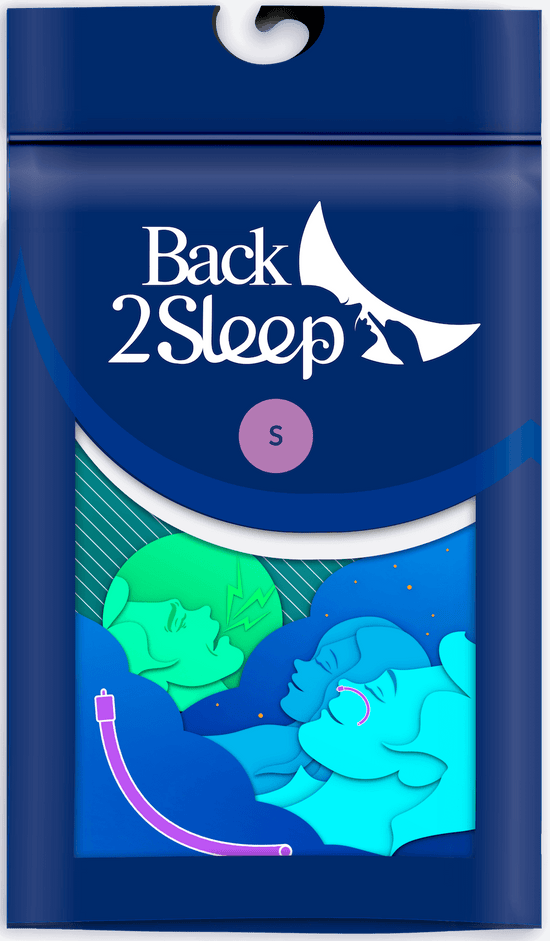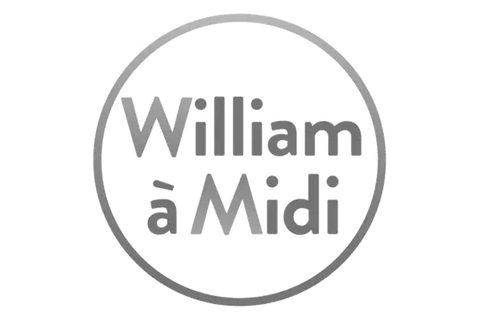Dispositivo medico contro l'apnea notturna e il russare
Il nostro dispositivo medico anti-russamento
ottiene il 92% di soddisfazione
e risultati dimostrati!
Dopo 10 anni di ricerca e sviluppo, presentiamo la soluzione Back2Sleep.

Il suono del russare può arrivare fino a 100 decibel (cioè il rumore di un trapano!) Ha un impatto nella vita sociale e può influenzare il ritmo del sonno con un conseguente affaticamento e un rischio di incidenti.
Nei casi più gravi, il russare può nascondere una sindrome delle apnee notturne con gravi conseguenze come le malattie cardiovascolari.
"Capire il russare e come affrontarlo" del professor Chabolle
Il Professor Chabolle è un otorinolaringoiatra di fama mondiale. Spiega le cause del russare e dell'apnea notturna, nonché il meccanismo d'azione di Back2Sleep. La spiegazione è in francese con sottotitoli in inglese.
-

Come registrarti? Facile! Ti bastano 10 secondi
-

57.000 Farmacie Partner in tutto il mondo!
-

1 milione di tubi venduti
Ancora più motivi
per scegliere il nostro dispositivo Back2Sleep
Back2Sleep,
la risposta a tutti tuoi
Disturbi del sonno
-

Prima volta? Ordina il nostro Set di prova!
Scopri di più sul Set di prova4 diverse lunghezze per trovare quella che sarà efficace e comoda
-

Sei già un utente? Ordina la nostra soluzione normale!
Scopri le nostre soluzioni di abbonamentoSemplice, efficace ed economica, ogni confezione è progettata per un mese di utilizzo!
Risultati scientificamente provati!
L'effetto terapeutico di Back2Sleep (precedentemente nastent®) sull'indice di apnea-ipopnea prima del trattamento e durante il trattamento su 6 pazienti per 1 mese.
La diminuzione del punteggio di apnea-ipopnea è confermata quando si migliora il punteggio dell'indice di saturazione dell'ossigeno.













